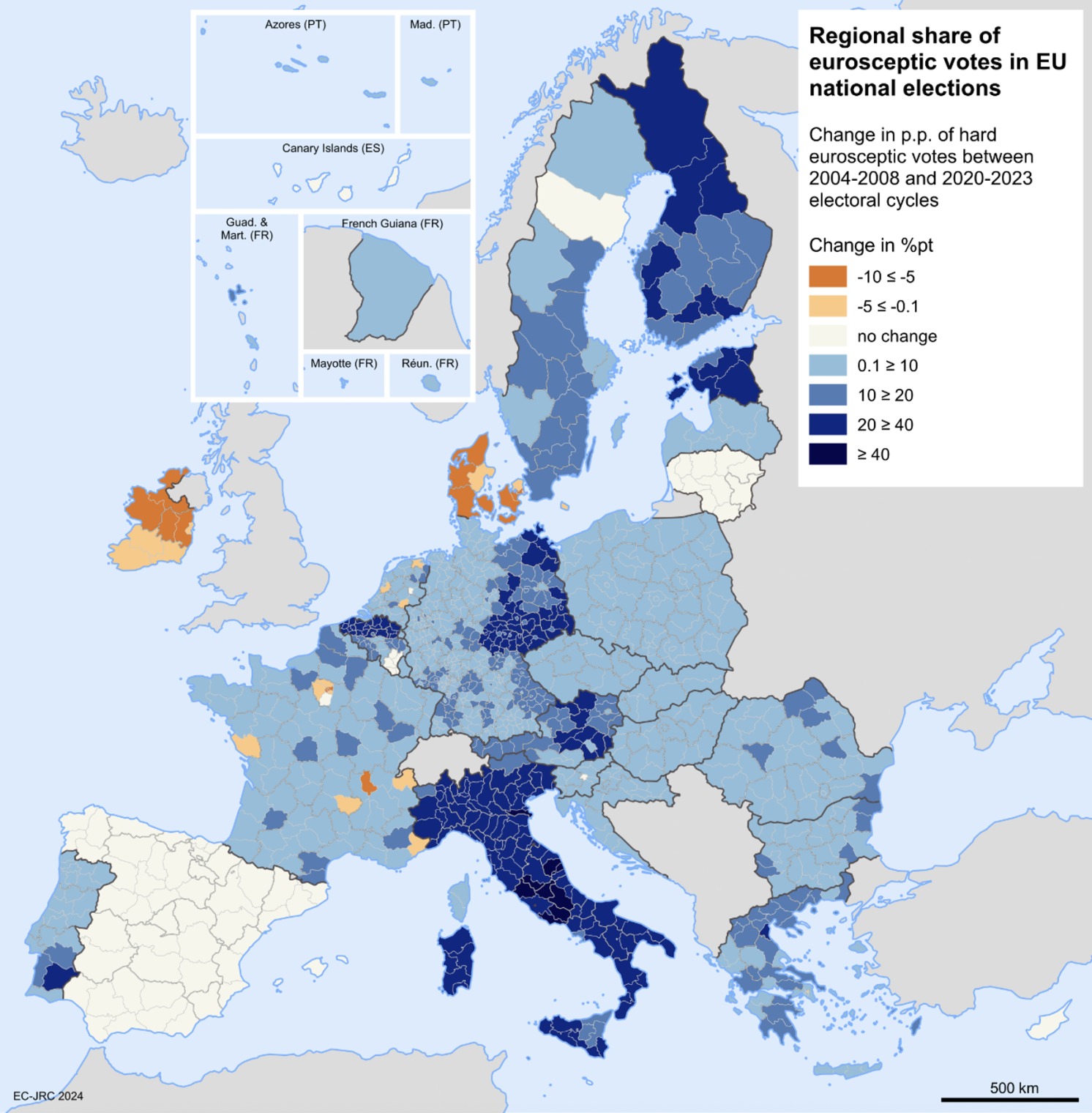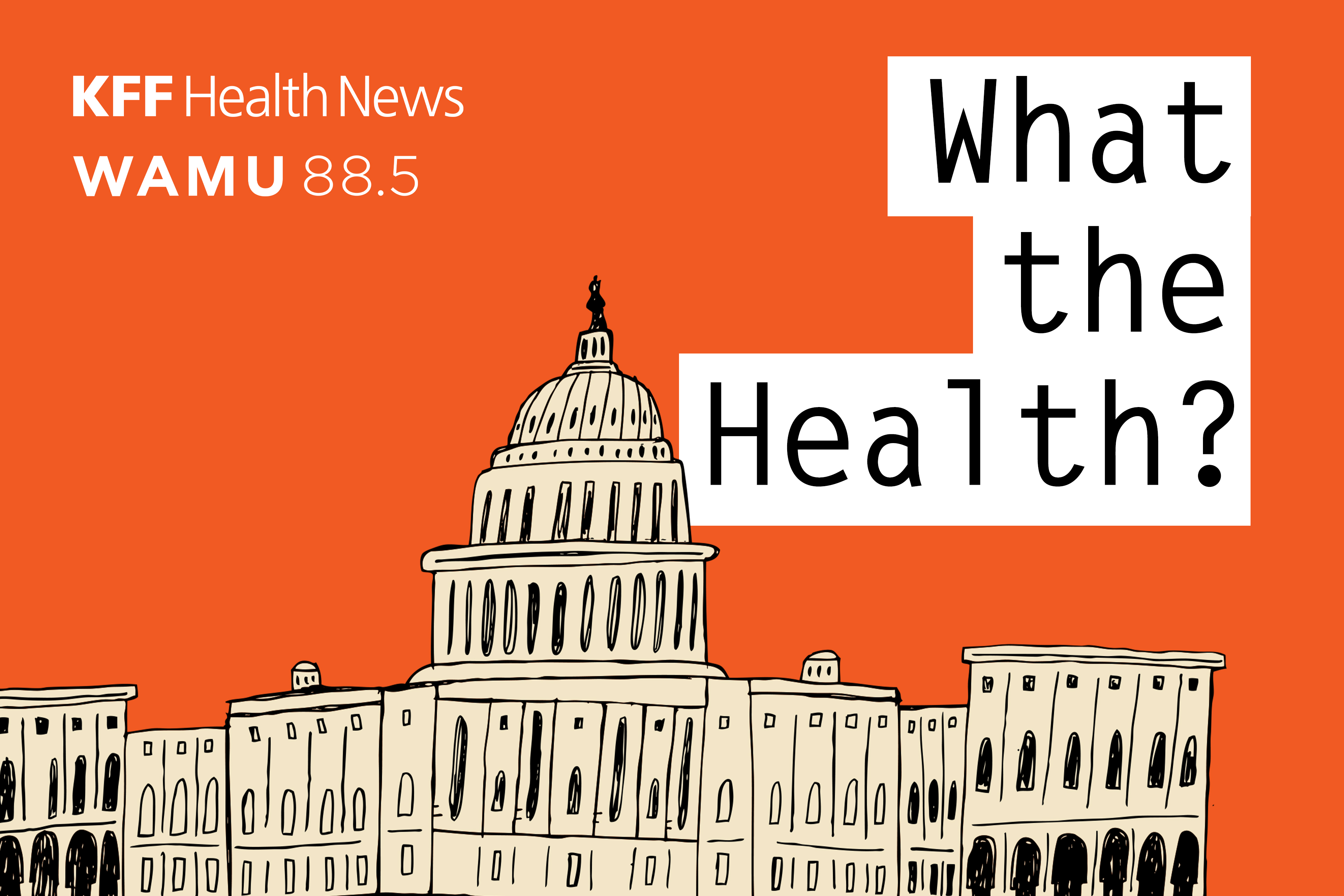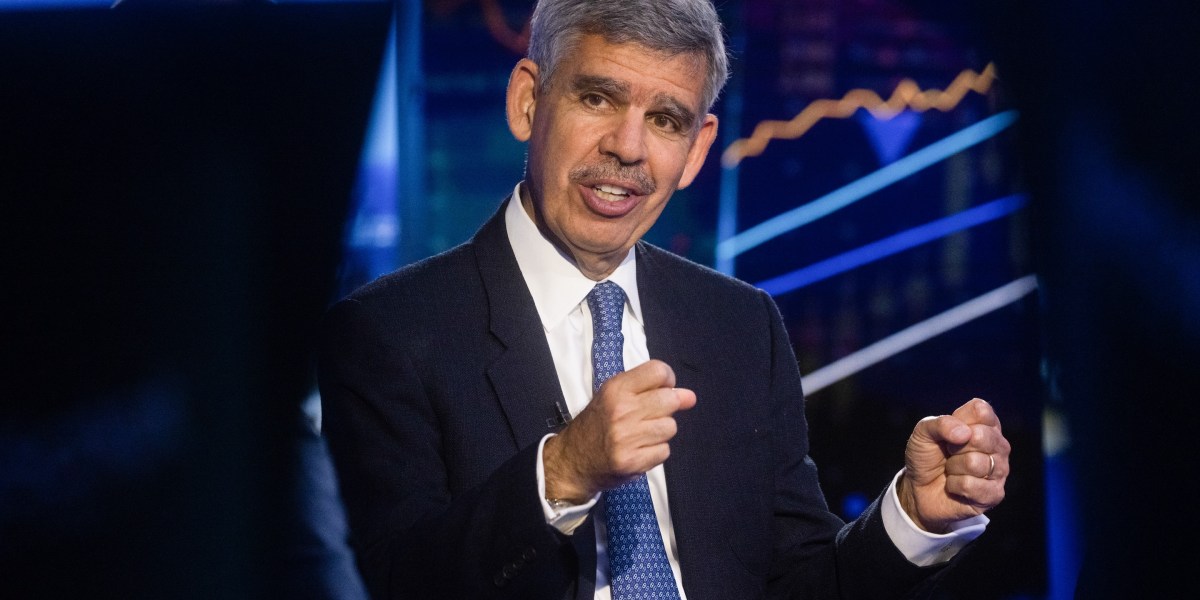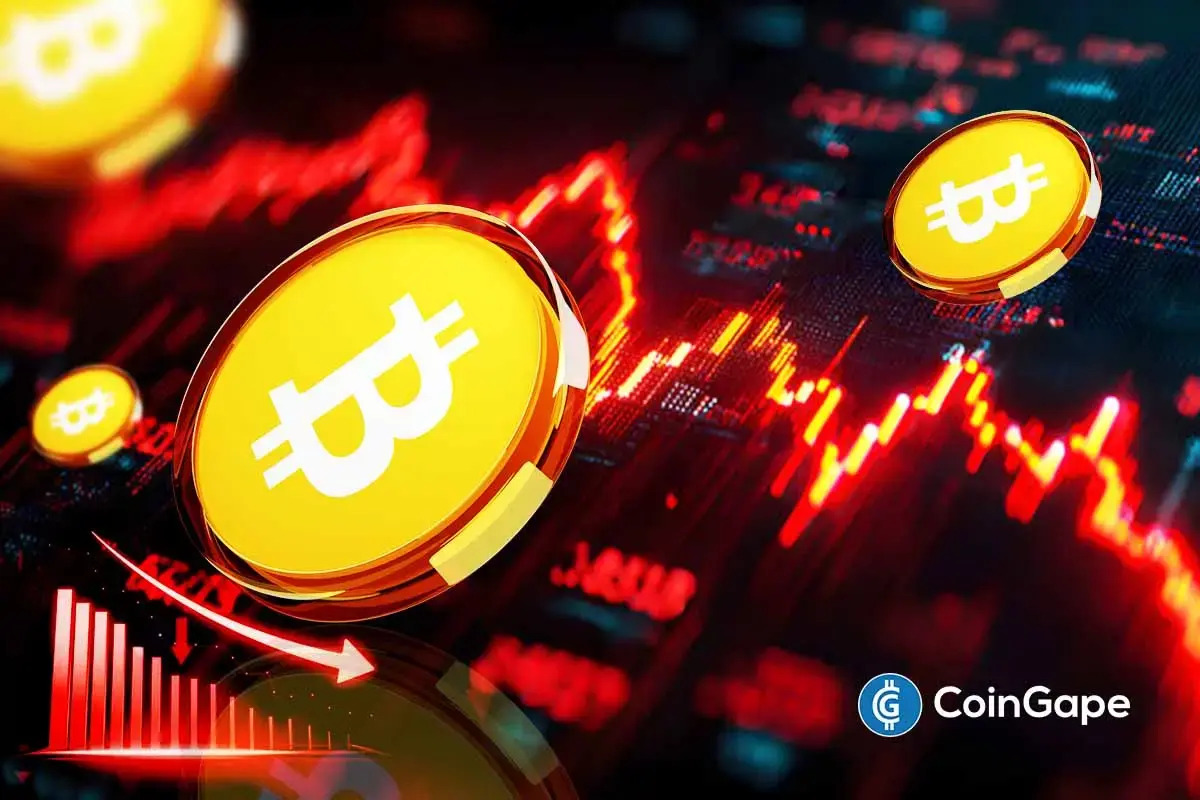As the White House aims to bring more manufacturing to the United States with its bludgeon of a disastrous tariff policy, most economists have focused on the short-term hits to American firms’ profitability.
Harder to imagine is how a protectionist policy does such corrosive damage over the long term because we may never observe what might have been.
Over its history, United States has been the place where people try out new ideas and take risks. It is a better place to fail and try again than any other country in the world. In recent years, we’ve excelled in retail and distribution, in many cases letting other countries handle the onerous manufacturing. But our central comparative advantage has always been nurturing fresh new ideas like nowhere else in the world.
In 1998, Former Federal Reserve Chairman Alan Greenspan addressed faculty at the University of California with a question: “Is there a new economy?” His fascinating observation was that creative destruction leads to the United States’ GDP weighing less over time. Fiber optic cable replaced huge tons of copper wire. Lightweight building materials have replaced heavy concrete blocks. More recently, we can have a doctor’s appointment over the internet instead of using a car and gasoline to go to the medical office. We do more with less, but that’s not possible without a free market that is always pushing the next entrepreneur to make life easier or better for a new customer. This is part of the reason why we’ve evolved towards services and away from manufacturing.
The White House tariff policy is meant to act like a time machine, ostensibly bringing back high paying and heavy manufacturing jobs like we had in the 1950s. But it’s a time machine that keeps a society frozen in amber, never evolving or improving because the manufacturers face far less competition. For some Americans like me, a trip to Cuba provides a window into what life would have been like if automobiles had never evolved- 1950s era American taxis still ply the streets with none of modern features of safety, ergonomic design and computer assisted driving, because of a 60 year embargo on trade by the United States.
But India provides an even better comparison, because Cuba never manufactured automobiles. The Hindustan Ambassador, built in India between 1957 to 2014, is arguably the worst car ever built, from a perspective of serving consumers’ wants and needs.
India’s idea, like President Trump’s today, was to build cars in India in order to create domestic manufacturing jobs. However, once a government decides which industries to protect and give special exceptions to (see the case of Apple getting a reprieve on iPhones from tariffs) it is a slippery slope over how involved government becomes in industrial production.
The Indian government decided that it, not the free market, was best suited to pick which aspects of the economy needed protection from foreign competition. Aside from trade protection, an industrial licensing system kept private enterprises in check, and it required all private firms beyond a certain small size to obtain a license whenever they wanted to do anything such as relocate a plant, expand capacity or produce new products. Thus, the system put the activities of the private sector under significant control of the government.
This protective “infant industry” argument allowed the Hindustan company to crawl ahead with slow changes, even as other car companies were sprinting forward with new features such as cruise control, air condition and disk brakes by the early 1960s.
By 1990, the Ambassador was woefully behind its foreign-built counterparts. After 33 years under India’s oppressive regulations and trade protections, it lacked power-steering and brakes, as well as an automatic transmission. One BBC reporter noted that:
You needed really strong triceps to work the ridiculously heavy steering, the deftness of a surgeon to slot home the spindly column shifter into each gear (shifting from second to third gear was an art form) and immense strength to make the car stop – you had to nearly stand on the brakes.
The car broke down constantly, and India banned foreign parts, so poor quality improvisations had to be built instead. In the summer, the heat would shut the car down and owners would have to put a wet rag on the fuel pump to cool it down before they could be on their way.
The car was so slow that a person could probably outrun it for a time- the car accelerated from zero to 60 mph in just under 50 seconds, taking about the length of an airport runway. Top speed was 65 mph with its smoky diesel engine spewing noxious smoke out the tailpipe. And its leaf springs resulted in a harsh ride not unlike an 1800s horse cart.
In a country of nearly 1 billion people, at its height the Ambassador sold just around 24,000 vehicles a year, making this terrible car only available for the well-connected. For the relatively rich, the waiting period for a new Ambassador was just over 8 years at its peak. But prime ministers, bureaucrats and MPs got to the head of the line with specially outfitted cars. Taxi drivers were next on the list.
It wasn’t all the car company’s fault. Under the oppressive regime that regulated many aspects of the free market, carmakers could not increase prices or make more cars without getting a signoff from a government bureaucrat. They also couldn’t import technology from other countries.
By 2014, India was letting foreign car companies into the market, and only 2,214 Ambassadors were sold. By then, the factory’s productivity was in decline and the company was saddled with debt. After 56 years the car that was never modern, ceased production.
The Ambassador serves as a reminder of the perils of tariff policy. It sets a country on a different track where government, not the free market, dictates what people need and want, and under what time frame it delivers the goods. Absent the threat of losing customers, car companies with tariff protection are apt to act more like the Department of Motor Vehicles. That’s a loss not only in the short term, but for generations of would-be entrepreneurs and customers to come.
1996 Hindustan Ambassador N574PVL Old Warden [Rob Hodgkins, CC BY-SA 2.0, via Wikimedia Commons]
A popular television commercial for the Peugeot 206 created by Giovanni Porro, known as “The Sculptor”, involved a young Indian man deliberately damaging a Hindustan Ambassador (including having an elephant sit on it) and then spending the night welding it. The following day, the car emerged as an dinged replica of the 206’s exterior shape, much to the envy of his friends.


























